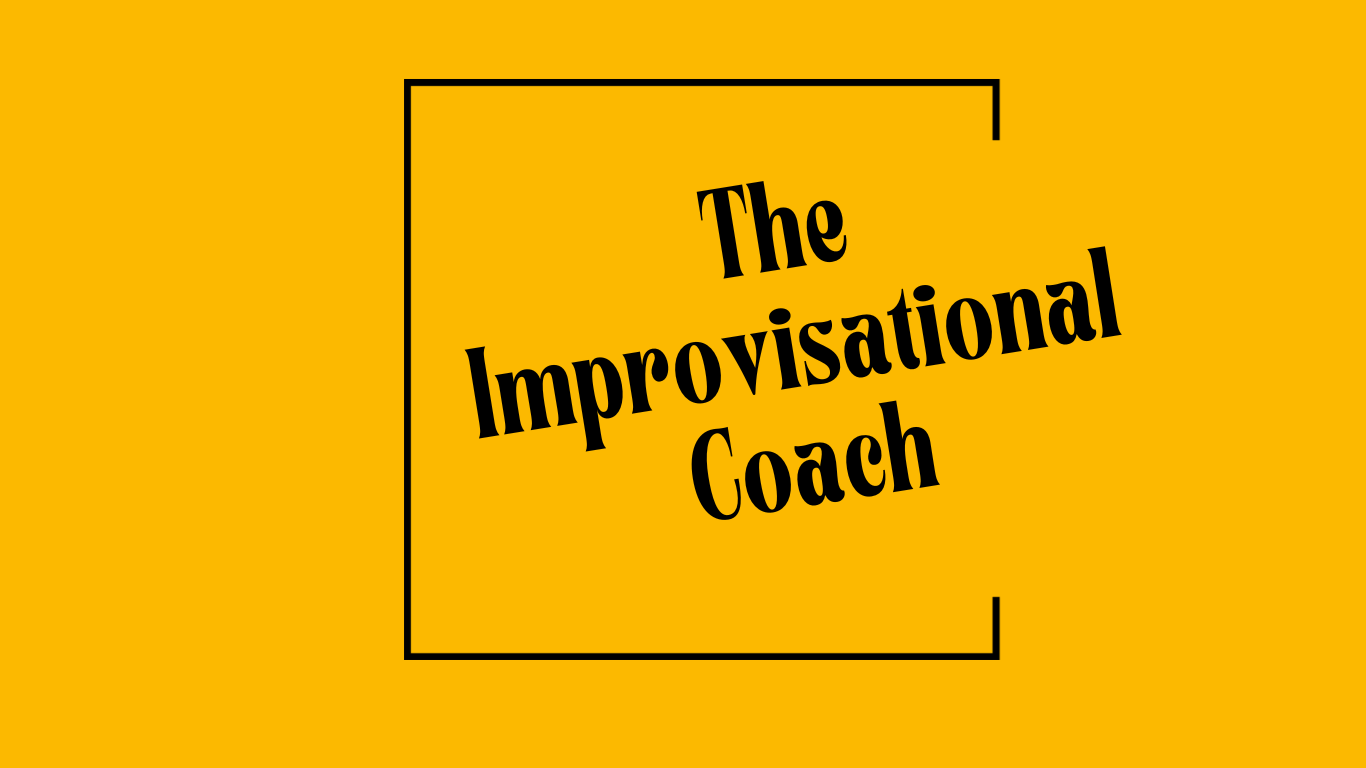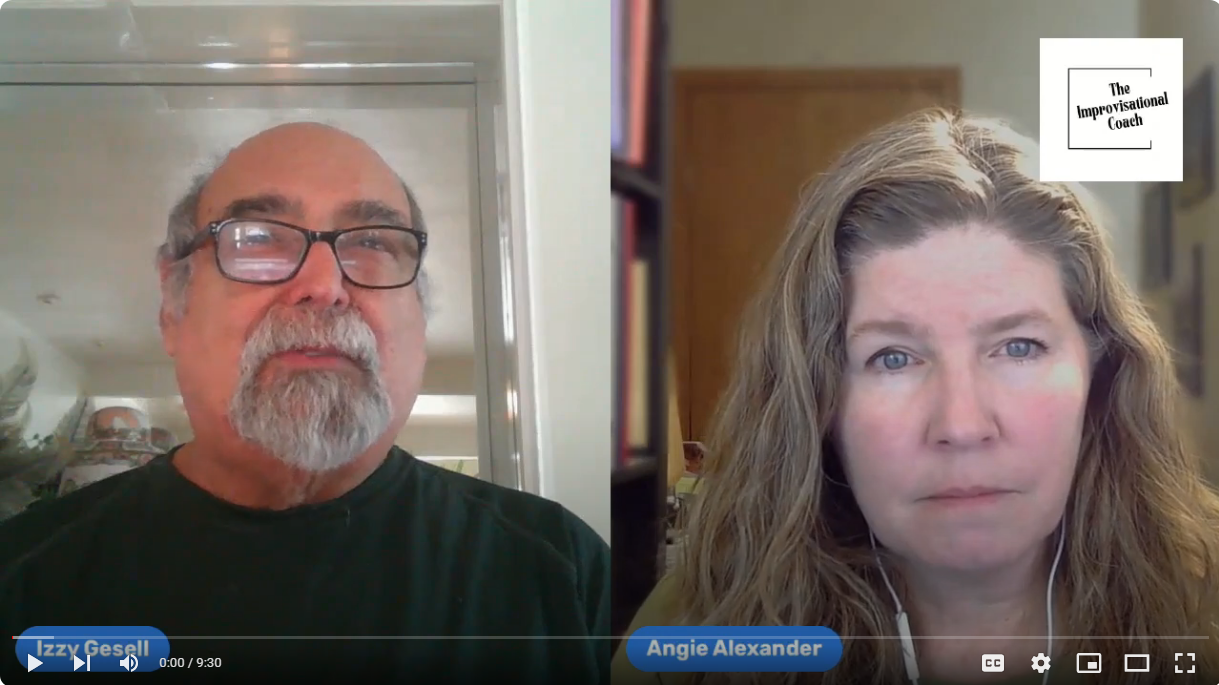There is a “magic spot” at the intersection of coaching, improvisation & facilitation. It’s called “Applied Improv” and it is an under-utilized coaching tool. Applied Improv is a process that combines Improv Theater games and conscious facilitation resulting in powerful, fun-filled self-development principles & practices.
We believe that the way we play a game makes transparent the way we are in real life. Since the applied part of the title refers to the discussion around and the adaptability of the behavior observed during the game, we will de-emphasize the game and look at how the players’ thoughts, feelings & actions highlight possible coaching opportunities.
Why Applied Improv Works
The games offer participants new activities, new ways of inviting participation, new ways of learning and new ways of understanding their relationships and themselves.
The facilitated discussions help participants (coaches & coachees) understand how important skill areas are strengthened. For example, trust is enhanced when others believe you have their interests at heart; creative skills are strengthened by not having a predetermined agenda while being able to act on other peoples visions; communication skills are sharpened by listening without interrupting, acknowledging what others say and by speaking from a place of emotional truth.
Applied Improv Theory
- Human beings are made up of an “authentic self” (who we naturally are) and a “societal self” (who we have created as a coping mechanism”.)
- Our lives flourish when we act from our authentic self.
- We can choose which self to operate from.
- Becoming more effective at living a satisfactory life is not the result of becoming a better “you” or something new, but by becoming more truly “you.”
- Improv is a way of discovering “you” and/or the obstacles to being “you.”
- Applied Improv is a skillset that applies the principles, practices and activities of Improv Theater to real world situations.
Improv games offer new activities, new ways of inviting participation, new ways of learning and new ways of understanding your relationships and yourself.
The improv experience helps you understand how important skill areas are strengthened. For example, trust is enhanced when others believe you have their interests at heart; creative skills are strengthened both by not having a pre-determined agenda and being able to act on other people’s visions; communication skills are sharpened by listening without interrupting, acknowledging what others say and by speaking from a place of emotional truth.
In improv, players create reality through individual action and honest emotion while at the same time they develop a shared vision with other players. Improv players gain confidence to allow their own spontaneity to flow without self-censorship, poise to allow the spontaneity of others to flow without criticism and re-affirm their belief in their ability to solve problems.





